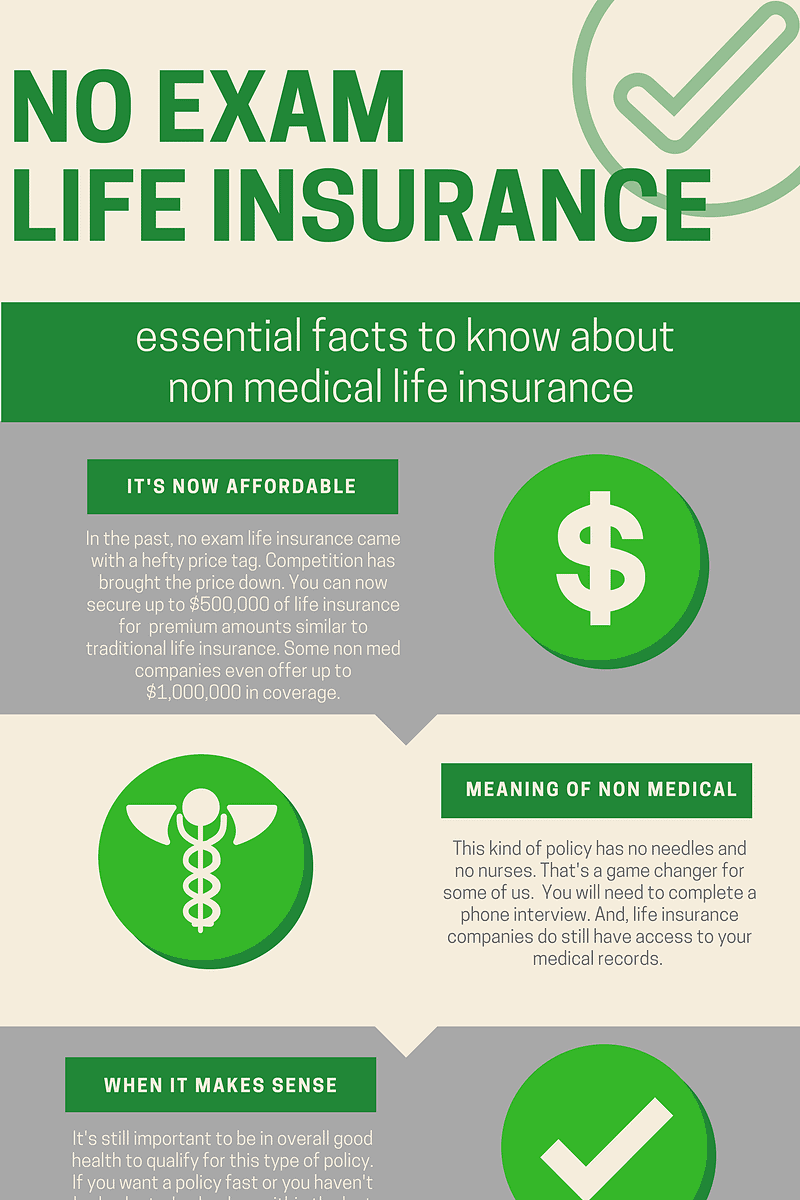Statute of Limitations for Car Accidents in California
In the aftermath of a car accident, victims often find themselves grappling with physical injuries, emotional trauma, and financial losses. Amidst this turmoil, understanding the legal implications is crucial, particularly the statute of limitations. Like an invisible clock ticking away, the statute of limitations dictates the time frame within which victims must seek legal recourse for their injuries. In California, the statute of limitations for car accidents is two years. Failing to file a lawsuit within this period can result in the loss of the right to compensation.
Understanding the Two-Year Deadline
The two-year statute of limitations for car accidents in California begins ticking away from the date of the accident. This means that victims have two years from the date of the crash to file a lawsuit against the at-fault driver or other responsible parties. The purpose of this time limit is to ensure fairness and prevent stale claims from being brought forward. It allows defendants to gather evidence and prepare their defense while the memories and details of the accident are still fresh.
Exceptions to the Rule
Like most legal rules, there are exceptions to the two-year statute of limitations for car accidents in California. One exception applies to minors who are injured in a car accident. The statute of limitations for minors does not begin to run until they reach the age of majority, which is 18 in California. This exception recognizes that minors may not have the capacity to understand their legal rights or pursue a lawsuit on their own.
Another exception applies to cases involving fraud or concealment. If the at-fault driver or other responsible parties intentionally conceal evidence or misrepresent the facts of the accident, the statute of limitations may be tolled, or paused. This means that the two-year clock will not start running until the victim discovers the fraud or concealment.
Importance of Prompt Action
Victims of car accidents should not delay in seeking legal advice. The sooner they file a lawsuit, the more time their attorney will have to investigate the accident, gather evidence, and build a strong case. Waiting until the last minute can hurt their chances of obtaining fair compensation. Insurance companies and defense attorneys are well aware of the statute of limitations and may use it to their advantage. They may try to delay the process or offer a low settlement in the hope that the victim will run out of time to file a lawsuit.
Conclusion
The statute of limitations for car accidents in California is a crucial legal deadline. Victims who fail to file a lawsuit within two years of the accident may lose their right to compensation. It is imperative to seek legal advice promptly to ensure that your rights are protected. An experienced car accident attorney can help you understand your legal options, navigate the claims process, and maximize your chances of obtaining fair compensation for your injuries.
Statute of Limitations for Car Accidents in California
If you’ve been injured in a car accident, you need to take action quickly. The statute of limitations for car accidents in California is two years from the date of the accident. This means that you have two years to file a lawsuit against the person who caused your injuries. If you don’t file a lawsuit within this time frame, you will lose your right to seek compensation for your injuries.
Filing Deadlines
The statute of limitations is a strict deadline. If you miss it, you will not be able to file a lawsuit, even if you have a valid claim. There are a few exceptions to this rule, but they are narrow and difficult to qualify for. In most cases, if you miss the statute of limitations, you will be out of luck.
There are a few things you can do to make sure you don’t miss the statute of limitations. First, you should contact an attorney as soon as possible after your accident. An attorney can help you understand your rights and options and can file a lawsuit on your behalf. Second, you should keep track of all the documents related to your accident, such as medical records, police reports, and insurance information. This will help you prove your case if you need to file a lawsuit.
The statute of limitations for car accidents in California is two years. Don’t wait until it’s too late to file a lawsuit. Contact an attorney today to discuss your options.
Statute of Limitations for Car Accidents in California
The statute of limitations is a law that sets a deadline for filing a lawsuit. For car accidents in California, the statute of limitations is two years from the date of the accident. This means that you have two years to file a lawsuit against the person or entity that caused your injuries. If you miss the deadline, you will lose your right to sue.
Exceptions
There are a few exceptions to the two-year statute of limitations. For example, the deadline may be extended if the injured party is a minor or mentally incompetent. If you are unsure whether an exception applies to your case, you should consult with an attorney.
Another exception to the statute of limitations is if the defendant leaves the state of California. The statute of limitations will be tolled, or paused, while the defendant is out of state. This means that you will have more time to file a lawsuit once the defendant returns to California.
What Happens If I Miss the Deadline?
If you miss the deadline to file a lawsuit, you will lose your right to sue. This means that you will not be able to recover any damages for your injuries, even if you were not at fault for the accident. Therefore, it is important to file your lawsuit within the two-year statute of limitations.
If you are unsure whether the statute of limitations has expired in your case, you should consult with an attorney. An attorney can help you determine whether you have a valid claim and can assist you with filing a lawsuit.
Statute of Limitations for Car Accidents in California
In California, the statute of limitations for filing a personal injury lawsuit stemming from a car accident is two years from the date of the accident. This means that if you are injured in a car accident, you have two years to file a lawsuit seeking compensation for your injuries and damages.
Consequences
Failing to file a lawsuit within the statute of limitations generally bars the injured party from seeking compensation. This means that if you do not file a lawsuit within two years of the accident, you will likely lose your right to pursue a legal claim. There are some exceptions to this rule, but they are narrow and difficult to prove. Therefore, it is important to speak with an attorney as soon as possible after an accident to ensure that your rights are protected.
What if I Miss the Deadline?
If you miss the statute of limitations deadline, you will not be able to file a lawsuit seeking compensation for your injuries. This means that you will be responsible for paying for your own medical expenses, lost wages, and other damages. In some cases, you may be able to file a claim with your own insurance company, but this will not always be possible. Moreover, the compensation you receive from your own insurance company may be less than what you would have received if you had filed a lawsuit.
Exceptions to the Statute of Limitations
There are a few exceptions to the statute of limitations for car accidents in California. These exceptions include:
- Minors: Minors have until their 19th birthday to file a lawsuit for injuries sustained in a car accident.
- Incapacitated persons: If you are incapacitated due to your injuries, the statute of limitations may be tolled, or paused, until you regain capacity.
- Fraud or concealment: If the defendant fraudulently concealed the cause of your injuries, the statute of limitations may be tolled until you discover the fraud.
Conclusion
If you have been injured in a car accident, it is important to speak with an attorney as soon as possible to ensure that your rights are protected. The statute of limitations for car accidents in California is two years, and missing this deadline can have serious consequences.
Statute of Limitations for Car Accidents in California
When you’ve been in a car accident, navigating the legal process can be daunting. One crucial aspect is understanding the statute of limitations—the deadline by which you must file a lawsuit to recover damages. In California, the statute of limitations for car accidents is generally two years from the date of the accident. This means that you have two years to gather evidence, find an attorney, and file your case. Failing to do so within this time frame can result in your case being dismissed.
Circumstances that Can Extend the Deadline
There are some circumstances that can extend the statute of limitations. These include:
Minority: If you were under 18 years old at the time of the accident, the statute of limitations does not begin to run until your 18th birthday.
Incapacity: If you were mentally or physically incapacitated as a result of the accident, the statute of limitations may be tolled, or paused, until your incapacity ends.
Defendant’s Absence: If the defendant (the person you are suing) is out of state or intentionally conceals evidence, the statute of limitations may be tolled until the defendant is back in state or the evidence is discovered.
Tolling
In certain circumstances, the statute of limitations may be "tolled" or paused. This can happen when the defendant is out of state, intentionally conceals evidence, or when the plaintiff is a minor or incapacitated. In these cases, the statute of limitations will not begin to run until the tolling event has ended.
Defendant is Out of State: If the defendant is out of state when the statute of limitations begins to run, the statute will be tolled until the defendant returns to the state. This is because the plaintiff cannot file a lawsuit against someone who is not present in the state.
Intentional Concealment of Evidence: If the defendant intentionally conceals evidence of the accident, the statute of limitations will be tolled until the evidence is discovered. This is because the plaintiff cannot file a lawsuit without having access to the evidence.
Minority: If the plaintiff is a minor when the statute of limitations begins to run, the statute will be tolled until the plaintiff reaches the age of majority. This is because a minor cannot file a lawsuit without a legal guardian.
Incapacity: If the plaintiff is incapacitated when the statute of limitations begins to run, the statute will be tolled until the plaintiff’s incapacity ends. This is because an incapacitated person cannot file a lawsuit.
The statute of limitations for car accidents in California is two years from the date of the accident. However, there are some circumstances that can extend the deadline, such as minority, incapacity, defendant’s absence, and intentional concealment of evidence. If you have been injured in a car accident, it is important to speak to an attorney to discuss your legal rights and options.
Statute of Limitations for Car Accidents in California
The statute of limitations for car accidents in California is two years. This means that you have two years from the date of the accident to file a lawsuit. After two years, you will lose the right to sue. Filing a lawsuit within the statute of limitations is crucial to preserve your rights to compensation for your injuries. Failure to do so can result in the loss of your right to seek legal recourse.
Preserving Your Rights
It is crucial to file a lawsuit within the statute of limitations to preserve your rights and seek compensation for your injuries. The statute of limitations is a law that sets a deadline for filing a lawsuit. If you do not file your lawsuit within the statute of limitations, you will lose your right to sue.
The statute of limitations for car accidents in California is two years. This means that you have two years from the date of the accident to file a lawsuit. After two years, you will lose the right to sue. There are some exceptions to this rule, such as if you are a minor or if you are mentally incapacitated. However, it is important to speak to an attorney as soon as possible to discuss your options.
If you have been injured in a car accident, it is important to take steps to preserve your rights. Here are some steps you should take:
- Seek medical attention immediately. This will create a record of your injuries and help you to establish the extent of your damages.
- Gather evidence. This includes taking photos of the accident scene, getting witness statements, and obtaining a copy of the police report.
- Contact an attorney. An attorney can help you to understand your rights and options and can help you to file a lawsuit if necessary.
Do not wait to take action. The statute of limitations for car accidents in California is two years. If you do not file your lawsuit within two years, you will lose your right to sue.
Exceptions to the Statute of Limitations
There are a few exceptions to the statute of limitations for car accidents in California. These exceptions include:
- Minors: If you are a minor, you have until your 18th birthday to file a lawsuit.
- Mental incapacity: If you are mentally incapacitated, you have until one year after your incapacity is removed to file a lawsuit.
- Fraud or concealment: If the defendant fraudulently concealed the cause of your injuries, you have until one year after you discover the fraud to file a lawsuit.
What Happens If I Miss the Statute of Limitations?
If you miss the statute of limitations for car accidents in California, you will lose your right to sue. This means that you will not be able to recover any compensation for your injuries. There are a few exceptions to this rule, but they are very rare.
If you are not sure whether or not you have missed the statute of limitations, you should contact an attorney. An attorney can help you to understand your rights and options. Do not wait to take action. The statute of limitations for car accidents in California is two years. If you do not file your lawsuit within two years, you will lose your right to sue.




Leave a Reply